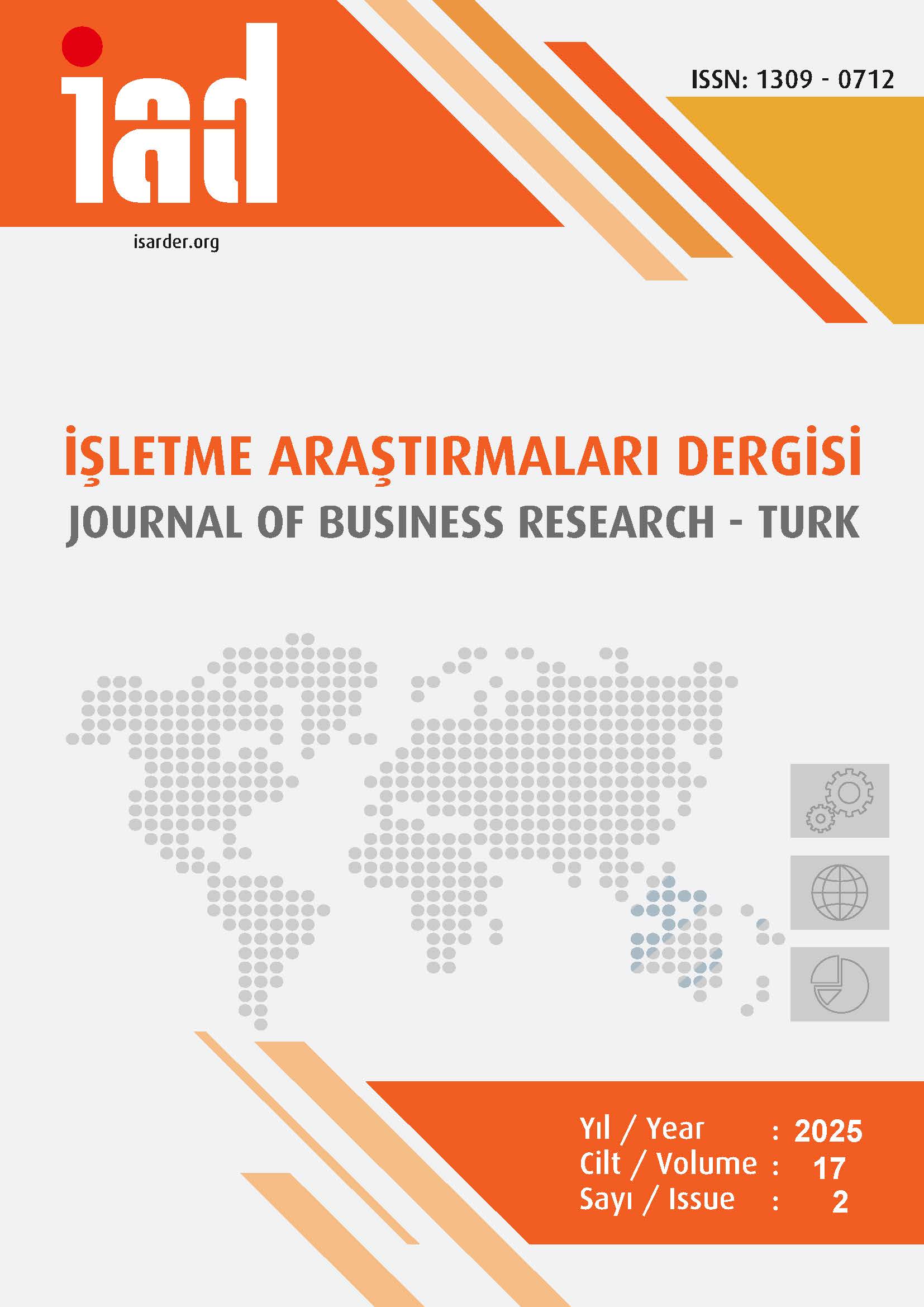Enerji Yoğunluğu ve Finansal Özgürlüklerin Yenilenebilir Enerji Tüketimi Üzerindeki Etkisinin İncelenmesi: Bir Panel Veri Analizi
DOI:
https://doi.org/10.20491/isarder.2025.2045Keywords:
Energy intensity, Financial freedom, Renewable energy, Foreign direct investment, Human developmentAbstract
Purpose – Increasing the use of renewable energy is considered important for ensuring sustainable economic growth that protects environmental health. However, the fact that renewable energy investments require a high volume of funding, high financing costs and long repayment periods can significantly restrict the production and thus the use of renewable energies. Financial freedoms can increase banks' efficiency and lower funding costs. Providing enterprises with access to low-cost funds for financing renewable energy projects that require high-volume investments can increase the use of renewable energy investments. High energy intensity can lead to energy demand being met from conventional energy sources, thus reducing the demand for renewable energy. The aim of this study is to examine the impact of energy intensity and financial freedom on renewable energy consumption. In this context, the effects of energy intensity and financial freedom are analyzed in 13 countries that stand out with their renewable energy consumption on a global scale.
Design/methodology/approach – Foreign direct investments and human development, which are considered to be effective on renewable energy consumption, are included in the research model as control variables. Within the scope of the study, since the series are integrated at different levels, the impact of energy intensity and financial freedom on renewable energy use is analyzed with the help of PMG-ARDL analysis.
Downloads
Published
How to Cite
Issue
Section
License

This work is licensed under a Creative Commons Attribution-NoDerivatives 4.0 International License.





